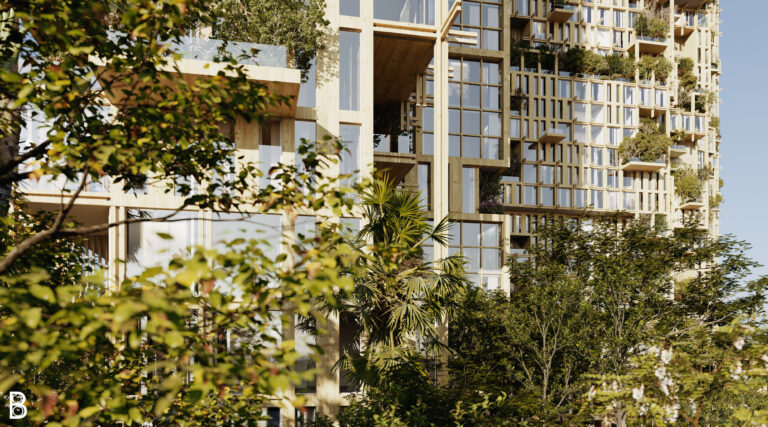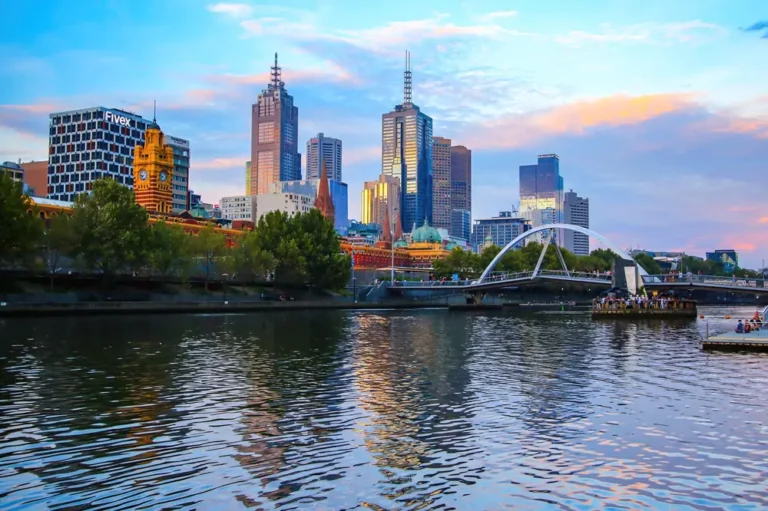More mangroves in the Mekong to prevent erosion, and other stories

For PropertyGuru’s news roundup, provinces along the Mekong Delta are implementing various programmes to grow mangrove forests to protect coastal areas and improve the incomes of local people. In other stories, the UK weather service said carbon dioxide levels in the atmosphere in 2024 grew at the fastest annual rate on record, exceeding their projections. Lastly, there are risks involved that potential sellers should be aware of when selling property on their own in India.
Mekong Delta provinces grow more mangroves to prevent coastal erosion
Authorities in the Mekong Delta are implementing various programmes to grow mangrove forests to protect coastal areas and improve the incomes of local people. VietnamPlus reports that the delta, which comprises 12 provinces and Can Tho city, has the largest area under mangroves in Vietnam, but these forests have been impacted by climate change and human activities, and are shrinking in size. The southernmost province of Ca Mau has the longest coastline among the delta’s localities but is severely affected by erosion, which causes significant damage to its mangrove forests. Over the past 10 years, the province has lost 5,200 ha of mangrove, while 190km of its 254km coastline is suffering from erosion, according to the province’s Forest Protection Sub-department.
2024 saw fastest-ever annual rise in CO2 levels: UK weather service
The UK weather service said on 17th January that carbon dioxide levels in the atmosphere in 2024 grew at the fastest annual rate on record, exceeding their projections by some margin. The sharp rise in planet-warming CO2 was driven by fossil fuel burning, devastating wildfires and a weakening of Earth’s natural carbon stores, the Met Office said in CNA. Scientists said at such rates, the world cannot hope to hold global warming to the 1.5 degree Celsius limit that nations have agreed would avert the worst consequences of climate change.
What are the risks of selling property on your own in India?
A property owner in India has the option to sell their property independently or with the assistance of a broker or a brokerage firm. Both approaches come with their own set of advantages and disadvantages. The most significant benefit of selling on your own is the elimination of commission fees, which can save you money on the transaction. However, Housing.com cites several risks that potential sellers should be aware of when selling on their own.
The Property Report editors wrote this article. For more information, email: [email protected].
Recommended
From childhood curiosity to architectural innovation: Mohammed Adib’s vision for a sustainable, flexible future
Mohammed Adib channels childhood curiosity and an aversion to design homogeny into his work for Dewan Architects + Engineers
ARES White Paper Volume 3: The era of adaptive reinvention
Pioneering sustainable and innovative practices in urban development
ARES White Paper Volume 2: Unravelling the power of data revolution in real estate
Insights on proptech, smart cities, and sustainable development
ARES Digital White Paper Volume 1: The fundamentals of responsible building
Green and climate heroes join forces to discuss how Asia Pacific can weather the current environmental crises and the looming effects of climate change






